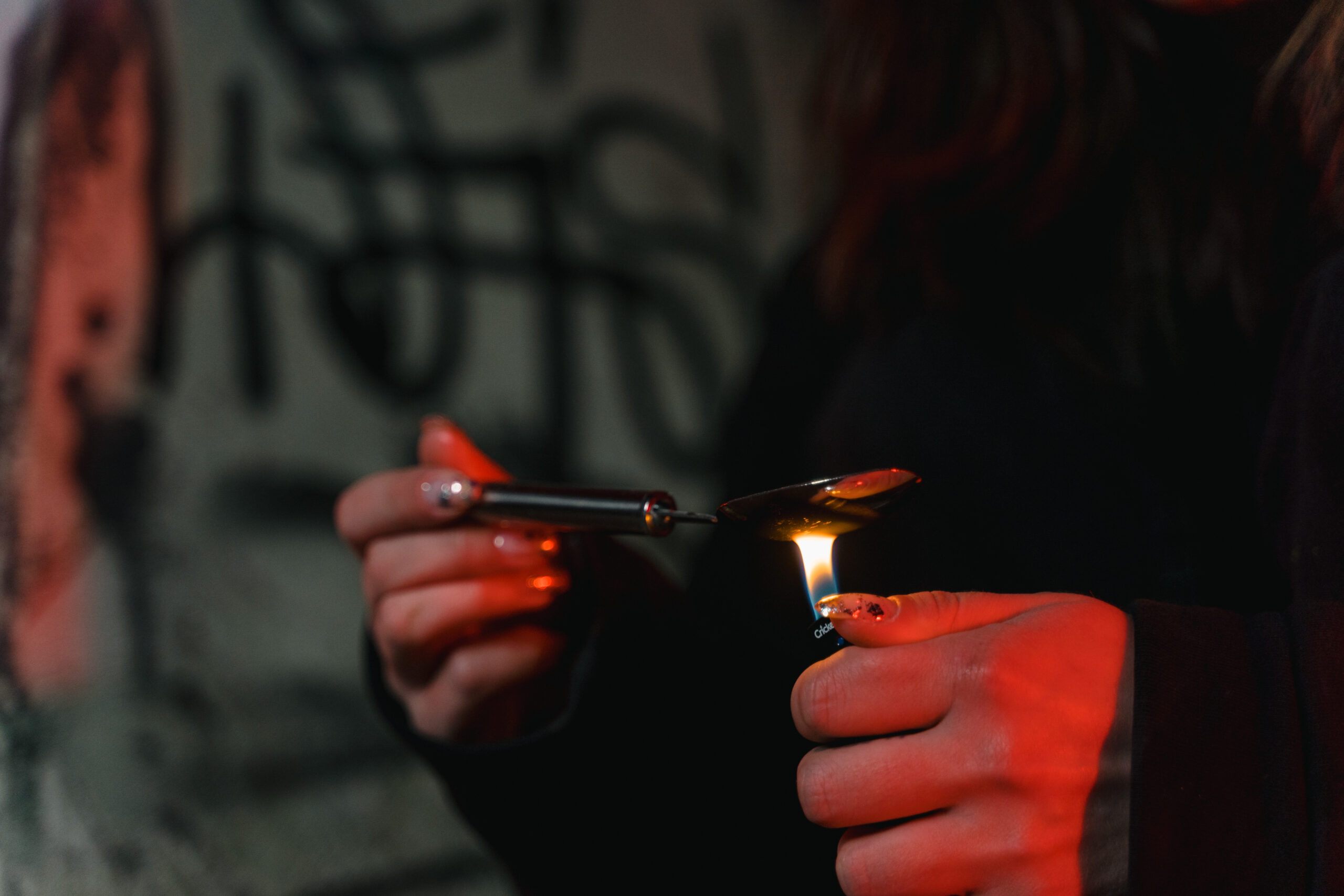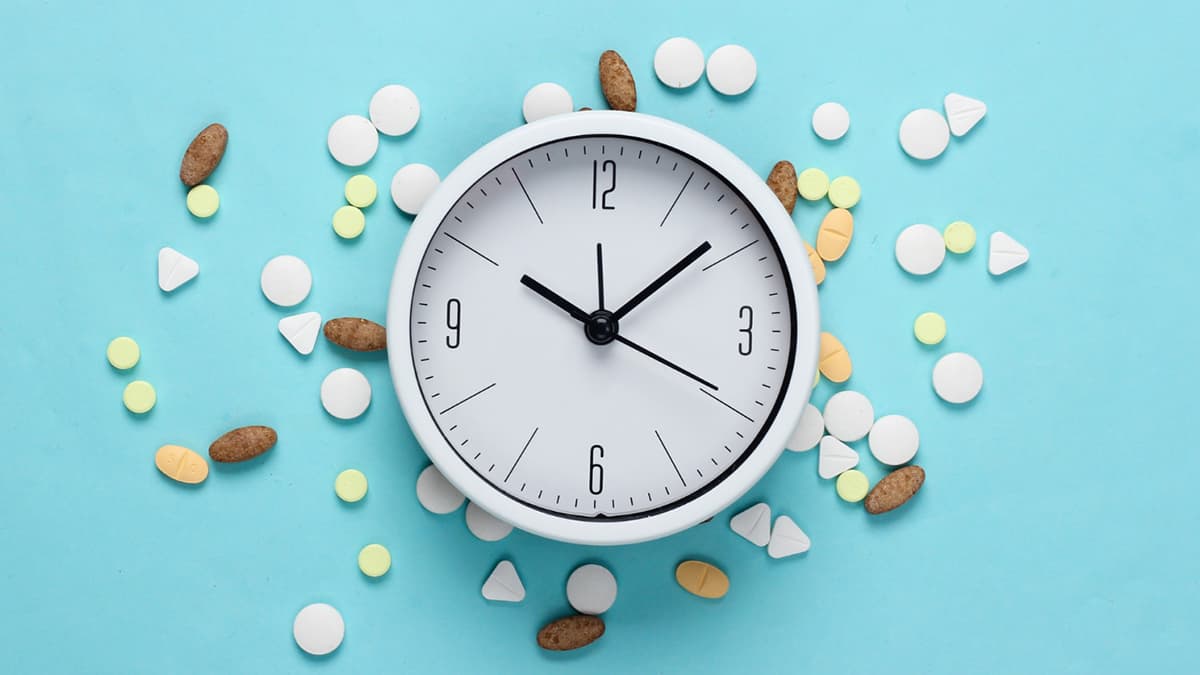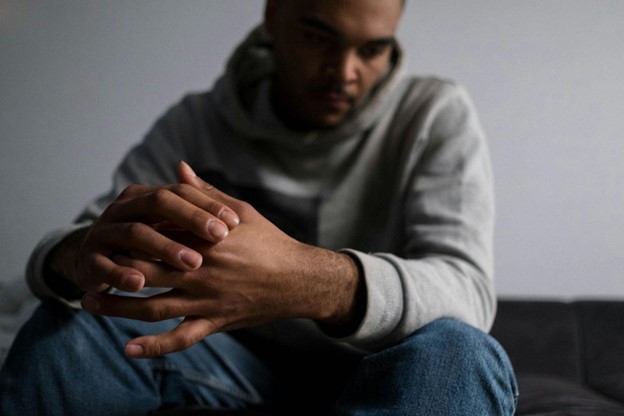As you probably know, drug and alcohol addictions are characterized by compulsive substance use despite the harmful consequences that the usage causes.
These addictions can drastically affect not only one’s mental and physical state but also personal connections, monetary security, and general life quality.
Treatment options include detoxification, behavioral therapy, counseling, medication-assisted treatment, and support groups.
Recovery times vary depending on individual circumstances, and long-term recovery often requires ongoing dedication and persistence in aftercare programs. But let’s explore how long it takes to get clean from drugs or alcohol in more detail.
The Factors Influencing Recovery Time
In the process of becoming drug or alcohol-free, every individual’s required timeframe can differ.
There are multiple vital elements that influence how long detox and rehab may take. For example, your specific substance, addiction severity, and general bodily health can influence your recovery time.
The Detoxification Process
To begin the journey of becoming free from drugs or alcohol, detoxification is essential.
This initial stage works to eliminate harmful substances from your body and can span a duration of up to two weeks. The specific time varies based on factors such as the substance type and how deeply one relies on it.
With opioids, for example, the detox might take around a week. However, when dealing with alcohol dependency issues, the detox could potentially be done in merely a few days.
Inpatient vs Outpatient Treatment
Your choice between inpatient and outpatient rehab will also impact the recovery time.
Inpatient programs provide round-the-clock care within a structured environment while outpatient programs can allow you more flexibility while undergoing treatment.
If you decide to recover from your addiction in a rehab center, choosing the right rehab program length will be important.
The amount of time it can take to get clean can vary depending on various factors. But both 90-day and 6-month rehabs, which qualify as long-term rehabilitation programs, are suitable for individuals who are grappling with severe addiction or have been addicted for a long time.
Both options kick off with medical detoxification, followed by counseling that equips your loved one with the necessary skills to lead a drug or alcohol-free existence.
Different Types of Substance Abuse Treatment
Various methods are available for treating substance abuse; these include behavioral therapy, counseling sessions, support groups, and medication-assisted treatment.
Each approach’s duration and effectiveness depend on factors like your personal commitment to recovery goals and the nature of your addiction.
The Importance of Aftercare
After completing your rehab program, it’s important to prioritize aftercare.
Recovery is an ongoing process, and maintaining cleanliness or sobriety requires continuous dedication.
By participating in support groups like Narcotics Anonymous or Alcoholics Anonymous, you can reinforce the coping skills learned during rehab.
Involvement in support groups can last for months or even years after rehab completion.
Everyone’s Recovery Journey is Unique
Each person’s recovery timeline will differ due to individual circumstances, including the type of substance abuse, history of addiction, and psychological factors.
But on average, a person might take between one to three months to achieve initial cleanliness or sobriety.
However, it’s essential to remember that achieving long-term recovery is a gradual process that may take several years.
Are You Addicted?
If you think you have an addiction problem, it’s crucial to seek help immediately.
Begin by confiding in a trusted friend or family member about your concerns.
Then, consult a healthcare professional or addiction specialist to discuss your situation and receive guidance on the best treatment options.
You can also explore local support groups like Alcoholics Anonymous or Narcotics Anonymous for additional assistance.








Leave a Reply
You must be logged in to post a comment.